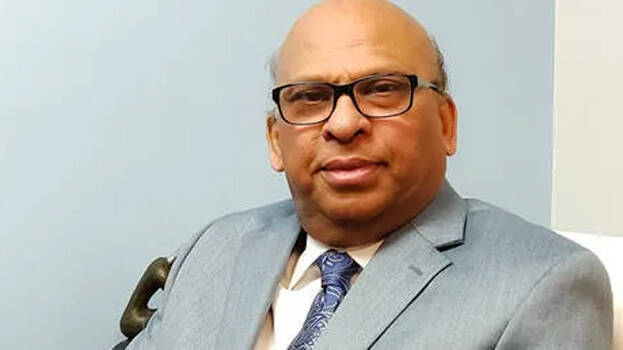

As the world stepped into 2025, it marked the end of the first quarter of the 21st century, a time of rapid and tumultuous change. One word that emerged in our intellectual discourse with the dawn of this century is "Post-Truth." Post-truth refers to a situation where beliefs, emotions, and traditions gain precedence over facts, rational thinking, and reality. Numerous examples of this phenomenon can be seen worldwide: the Russia-Ukraine war, the Hamas-Israel conflict, the oppressive rule in Afghanistan, and the ongoing struggles in Bangladesh, Iran, Libya, and Syria. All these conflicts signify the unique state of a post-truth era.
While scientific advancements have propelled humanity forward, there remains an undeniable and troubling stagnation in mental and moral progress. This paradox is evident in various parts of the world.
The first decades of the 21st century have witnessed astonishing advancements in science and technology. These developments have made the future unpredictable, with new breakthroughs occurring daily. These changes have transformed human life, behaviour, and habits, both positively and negatively. Over the past 25 years, humanity has experienced transformations once considered unimaginable.
One of the most notable changes in the last quarter-century is the disappearance of waiting. From communication to purchasing daily necessities, waiting and standing in queues, once a way of life, have become things of the past. The shift from ATM and debit cards to UPI (Unified Payment Interface) has revolutionized monetary transactions, making wallets virtually obsolete. Checkbooks have become outdated, and even stock markets are now at one’s fingertips. The growth of digital currency is rapidly dominating the financial exchange sector.
With the advent of Google Maps in 2005, GPS has become a reliable travel companion, eliminating the need to ask for directions and transforming how we navigate. Journeys have become faster and more efficient, with hybrid vehicles joining the race to embrace speed. In India, trains that once ran at 75 km/h in 2002 now reach speeds between 130 and 300 km/h, and further improvements are on the horizon.
Social media platforms have also played a pivotal role in shaping the modern world. They have dismantled traditional hierarchies of communication and writing, offering diverse possibilities for the common citizen to express their thoughts. Social media platforms cater to people of all ages, needs, and goals, offering numerous options without discrimination.
Artificial intelligence (AI) is another phenomenon reshaping the cyber and digital world. However, concerns persist about whether AI will emerge as a powerful ally or a disruptive force. The pace of AI’s evolution has even surpassed the imagination of its creators, raising uncertainties and apprehensions.
In 2025, the primary equity market is expected to perform remarkably well, with merchant banking companies predicting capital collections exceeding ₹2 lakh crore. The past year has been historic for the Indian stock market, with India ranking first globally in the IPO market. The Reserve Bank of India’s initiative to link UPI apps to digital wallets will further strengthen the UPI system, enhancing efficiency and saving time in transactions.
The stock market will be a significant driving force as India moves closer to becoming the world’s third-largest economic power. The scientific and technological advancements of the 21st century have made India one of their greatest beneficiaries. While truth, equality, and freedom seem to be diminishing in some corners of the world, India, as a robust democratic nation, is advancing in all spheres with hope and optimism. With its unmatched spiritual heritage and traditions, India is poised to achieve global leadership by the midpoint of the 21st century.

(The author is former president of FOKANA and the founding president of NAMAM (USA).)